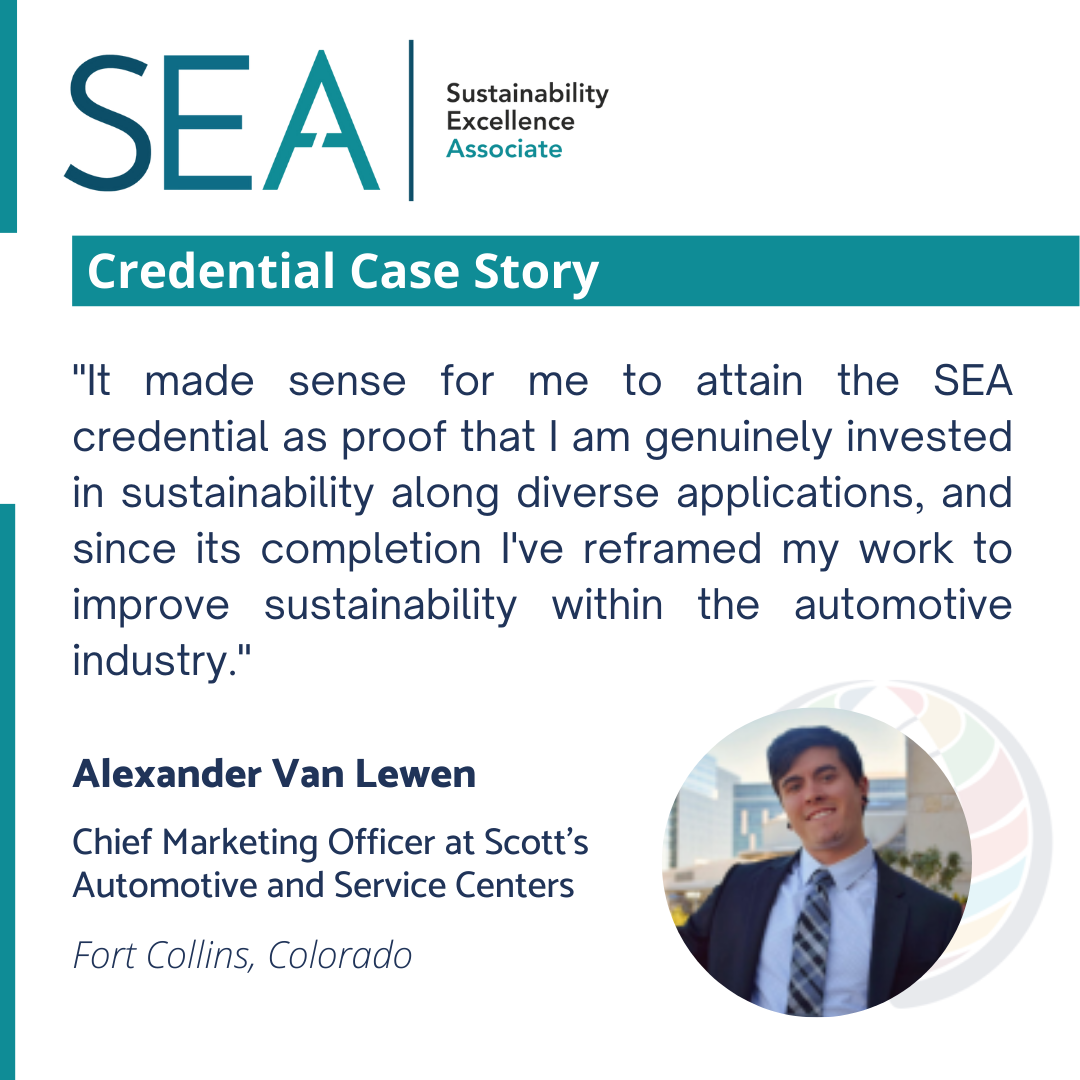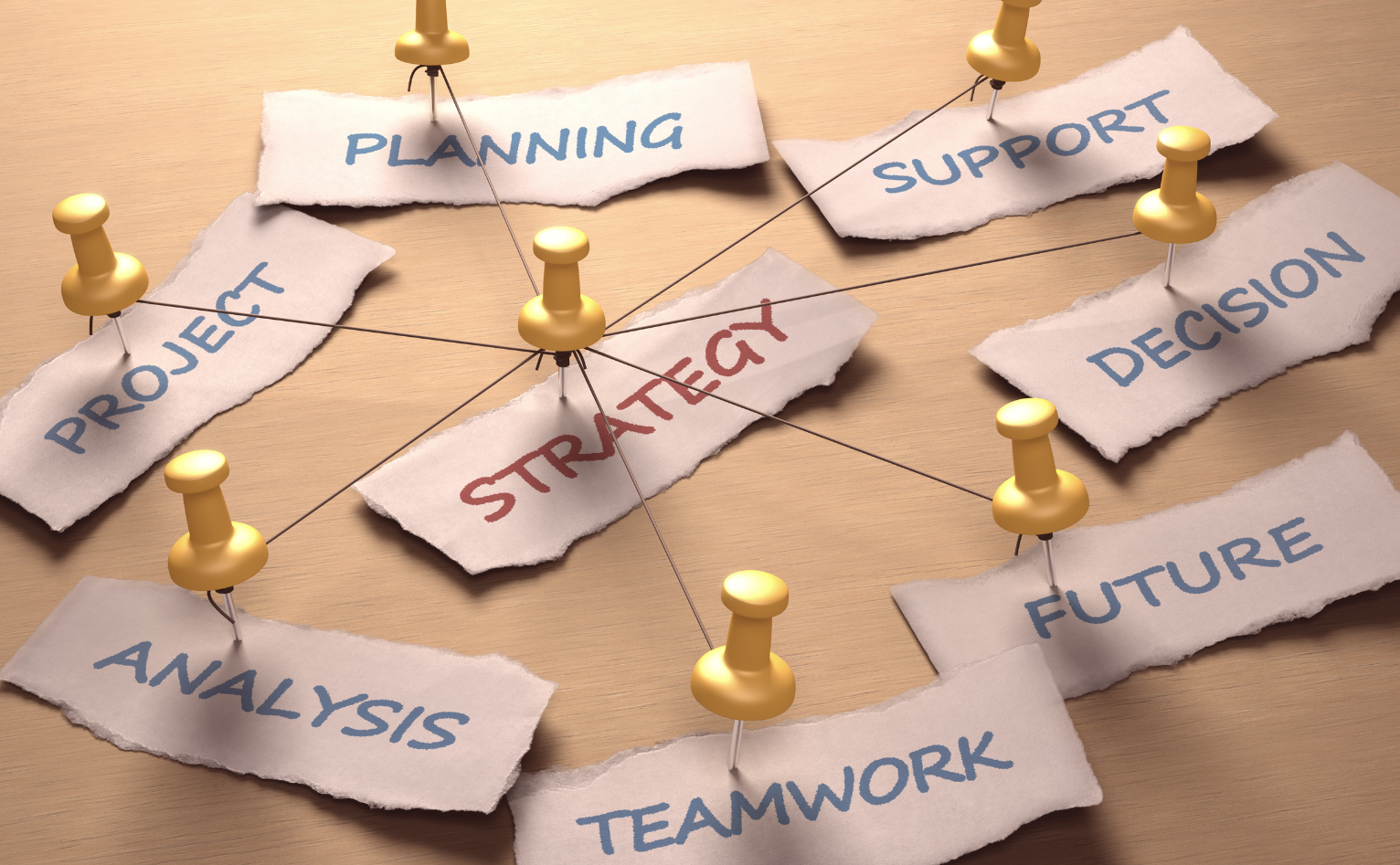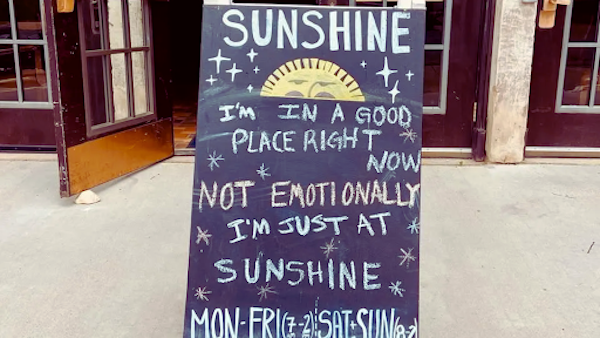What brought you to this moment in your career where the Sustainability Excellence Associate (SEA) made sense for you?
Partnership with ISSP for me was an opportunity to deeply invest in my career as a sustainability leader, and pursuit of the Sustainability Excellence Associate credentials provided me a pivotal challenge which could further my knowledge on how to create a better world. Developing the core principles and applications of sustainability in our world went beyond my academic disciplines, shaping me into a better systems thinker and innovative problem solver.
It made sense for me to attain the SEA credential as proof that I am genuinely invested in sustainability along diverse applications, and since its completion I've reframed my work to improve sustainability within the automotive industry.
How are you putting the knowledge, skills, and ability demonstrated in the SEA to work in your career (or work) today?
The abilities, knowledge, and skills I've mastered from earning the SEA credential are demonstrated in my work by furthering sustainability initiatives which reduce impacts from resource consumption on local communities and ecosystems. Networking within ISSP has created new connections for me which expand my comprehension for the application of sustainability for businesses. Responsible stewardship in the automotive industry is possible when firms invest in their stakeholders such as clients, employees, and suppliers to create sustainable growth with reduced impacts. Through my career in marketing, I have used my skills as a sustainability leader to create events which connect communities and invest in serving the underserved. I truly believe that the collective action and partnership of businesses among diverse industries can mitigate the negative impacts of human development, and I seek to create sustainability in many forms throughout my career.
For those starting out in the sustainability field, what advice do you have for them?
Career transitions can be messy and lead to a lot of curious discoveries, and our adaptivity to these transitions is necessary. Sustainability can be a field which comes with confusion as many people are still figuring out the applications of sustainability. My advice to those entering the field of sustainability is to embrace the adaptive qualities of sustainability leaders and study how sustainability is integrated into your community. Understanding how you can help become a proponent of change can lead you to your true passion and create tangible impact on the world around you.




